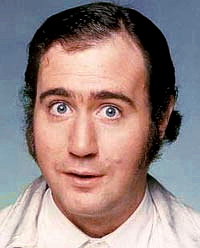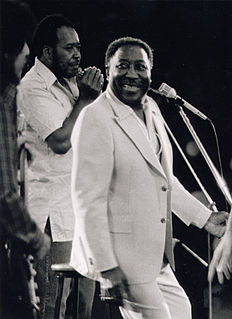A Quote by Swami Vivekananda
He whom the sages have been seeking in all these places is in our own hearts; the voice that you heard was right, says Vedanta, but the direction you gave to the voice was wrong.
Related Quotes
I've heard fate talked of. It's not a word I use. I think we make our own choices. I think how we live our lives is our own doing, and we cannot fully hope on dreams and stars. But dreams and stars can guide us, perhaps. And the heart's voice is a strong one. Always is. Your heart's voice is your true voice. It is easy to ignore it, for sometimes it says what we'd rather it did not - and it is so hard to risk the things we have. But what life are we living, if we don't live by our hearts? Not a true one. And the person living it is not the true you.
Where we come from does not determine who we can become. What we look like places no limits on what we can achieve. We should all have the right to express ourselves, all have the right to be heard, all have the right to be what we can be: To reach for the sky and touch the stars. No matter who we are, no matter whether we are man or woman, or rich or poor:
My voice, my right. My voice counts.
But what I would like to say is that the spiritual life is a life in which you gradually learn to listen to a voice that says something else, that says, "You are the beloved and on you my favour rests."... I want you to hear that voice. It is not a very loud voice because it is an intimate voice. It comes from a very deep place. It is soft and gentle. I want you to gradually hear that voice. We both have to hear that voice and to claim for ourselves that that voice speaks the truth, our truth. It tells us who we are.
Life is called Samsara - it is the result of the conflicting forces acting upon us. Materialism says, "The voice of freedom is a delusion." Idealism says, "The voice that tells of bondage is but a dream." Vedanta says, "We are free and not free at the same time." That means that we are never free on the earthly plane, but ever free on the spiritual side. The Self is beyond both freedom and bondage. We are Brahman, we are immortal knowledge beyond the senses, we are Bliss Absolute.
From a comparative perspective, the United States is unusual if not unique in the lack of restraints on freedom of expression. It is also unusual in the range and effectiveness of methods employed to restrain freedom of thought... Where the voice of the people is heard, elite groups must insure their voice says the right things.
I try to please people, to give them a good time, but I refuse to make my act conform to traditional show-biz standards of entertainment. There's a little voice that says, 'Oh, no, you can't do that, that's breaking all the rules.' That's the voice of show business. Then this other little voice says, 'Try it.' And most of the time, when the voice comes on and says, 'No,' that's the time it works.
The Vedanta teaches men to have faith in themselves first. As certain religions of the world say that a man who does not believe in a Personal God outside of himself is an atheist, so the Vedanta says, a man who does not believe in himself is an atheist. Not believing in the glory of our own soul is what the Vedanta calls atheism.



































